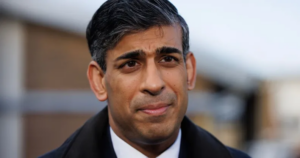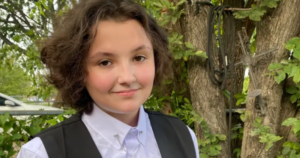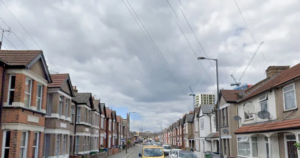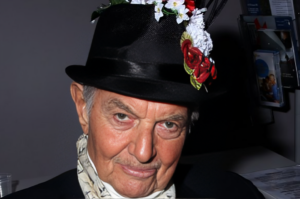A federal judge has ordered Palm Beach County and the city of Boca Raton to pay $175,000 to two family therapists who challenged a local ban on gay conversion therapy for minors struggling with their sexuality, gender identity, and faith. Robert Otto and Julie Hamilton ran afoul of Boca Raton's ban on conversion therapy, which considered the practice harmful to the health and emotional development of lesbian, gay, bisexual, transgender, and other youth.
The city of Boca Raton had banned gay conversion therapy, a practice that the United Nations has characterized as torture. However, a federal appeals judge later struck down the city's ban. The U.S. District Judge Robert Rosenberg upheld the law, but Otto and Hamilton appealed, backed by a religious liberty advocate group called Liberty Council.
In 2020, the 11th Circuit Court of Appeals ruled in favor of Otto and Hamilton. Judge Brit Grant wrote, “We hold that the challenged ordinances violate the First Amendment because they are content-based regulations of speech that cannot survive strict scrutiny.” As a result, Judge Rosenberg has now ordered the city and county to pay the two therapists $175,000.
Opponents of conversion therapy say it fails teenagers by directing them toward an unobtainable outcome. According to an amicus brief filed in the case by the National Center for Lesbian Rights, the American Psychological Association has also weighed in against conversion therapy.
However, the legal ruling prioritizes the First Amendment rights of the therapist and the clients who seek their services over the opinions of third-party groups, said Matt Staver, founder, and chairman of Liberty Council, a legal religious freedom advocacy group representing the therapists. The difference between the awards was to do with the extent of each therapist's practice in Boca Raton.
This ruling is likely to be challenged as conversion therapy has been widely rejected across the planet. The United Nations has declared it torture, and the World Health Organization has come out clearly against it. Virtually every medical professional group has also come out against it.
What is interesting about this ruling is that they are keen medical treatment, right the provider's ability to deliver medical treatment, and, as in quotes, “speech.” However, the Supreme Court ruled that money is free speech, so courts can rule, and it is a thread that is very similar to limiting what teachers can talk about in the classroom.
In conclusion, this ruling raises several issues, including the tension between First Amendment rights and the health needs of minors. Additionally, the ruling may have broader implications for other medical treatments and the definition of “speech.” Finally, it is essential to continue fighting against conversion therapy, which has been widely rejected by medical professionals and considered torture by the United Nations.
Author























